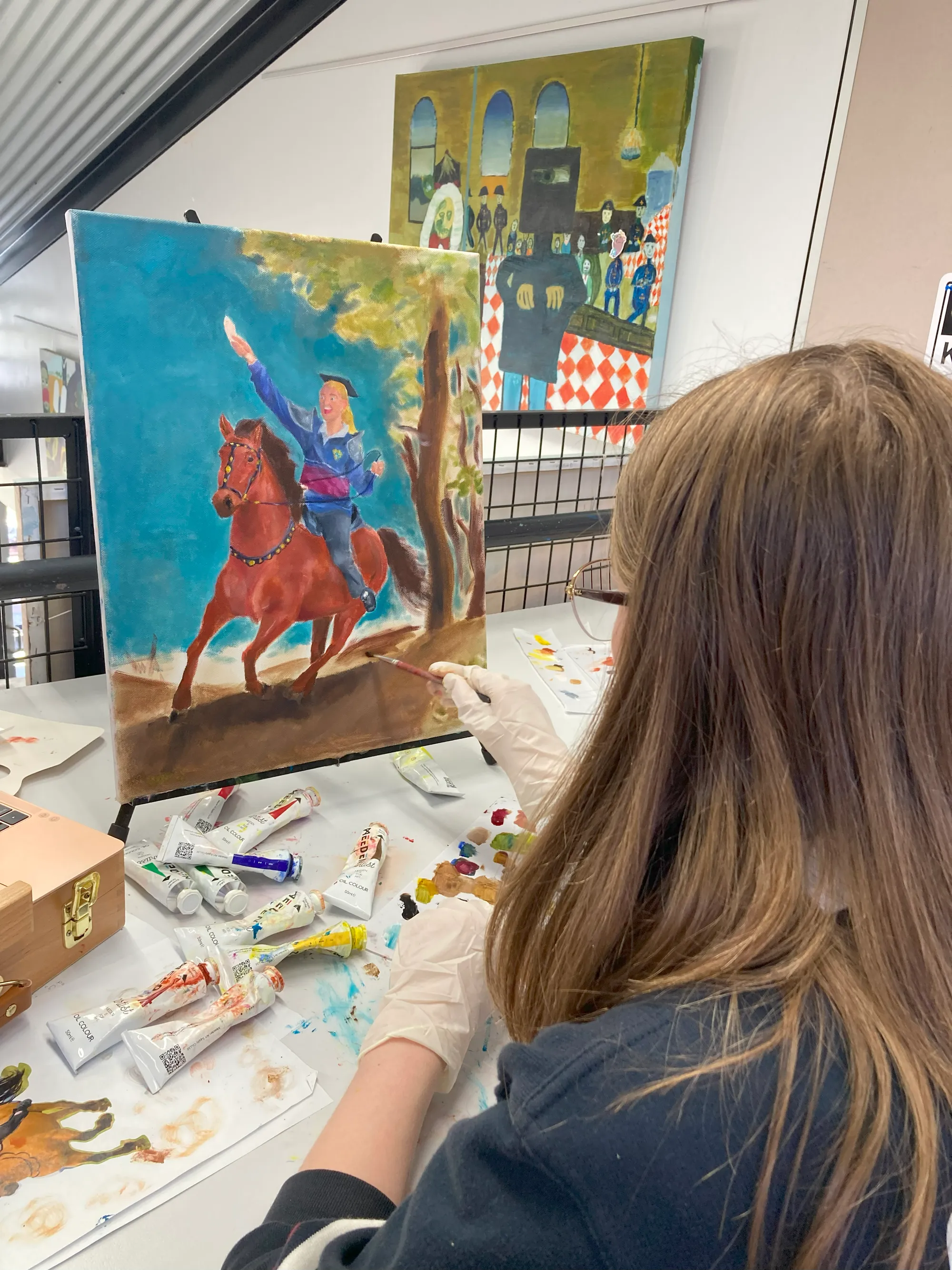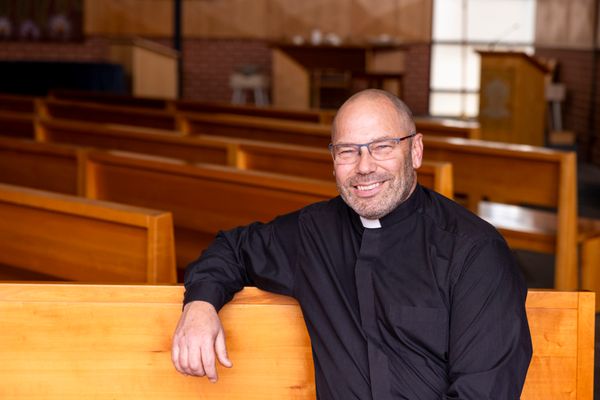Finding our Purpose
Finding our Purpose
By Rev. Andy Fleming, Associate Chaplain
While attending a seminar at a coaching conference many years ago, I learnt about the concept of beginning from a position of why as opposed to thinking about what one should do in order to ‘bring’ others along with your vision. Knowing your ‘why’ and purpose has gained some traction since, and is popular with Christian comedian Micheal Jr and Simon Sinek, among others. Their ideas about learning your why speak into the notion that we look for a purpose to drive our lives and even our lifestyle.
There are biblical overtures to this concept of purpose and knowing your why. The disciple Peter understood his why – to walk in his faith of Jesus Christ to share the truth of what he was seeing and hearing from Jesus. We see this in the way he answers Jesus' question, “Who do you say I am?”, in Matthew 16.13-19. Peter gives the only appropriate answer: "You are the Messiah, the Son of the living God". Jesus knew Peter had been watching his ministry carefully, listening to the words, and learning of Jesus’ love and grace. During his initial period of discipleship, Peter discovers his purpose. He is going to start the church and continue Jesus’ ministry once Jesus has gone. Jesus favours Peter and addresses him as the ‘man of rock,’ making it clear that the faith expressed by Peter was the rock upon which Jesus would build His Church, the Church of the Living God.

There are many followers of Jesus who discover their why after truly discovering Jesus’ love and grace. The writer of Amazing Grace, which is arguably the most famous hymn of all, was a man called John Newton. I love his story to the point that he has become a hero of the Christian faith for me. He wrote Amazing Grace after praying to God for mercy when the ship he was on ran into a storm and threatened to sink. The ship just happened to be a slave trading vessel, and Newton was involved in the slave trade himself. After his prayer, Newton spent many years confused about his purpose, coming to know that slave trading was inhumane and wrong. After finding the saving grace of Jesus he continued to seek God’s guidance. This led him to discovering his why. He began to authentically walk in the saving grace he found in Jesus and eventually became an Anglican minister. His purpose became fighting for the abolition of the slave trade. After more than two decades of championing this cause, the British Parliament abolished slavery in 1807.
I shared the story of John Newton with Year 12s in Chapel last week. They learnt that not everyone will have an amazing story or have a major impact on the world when their why leads their purpose as John Newton’s did. However, it is possible to make a positive impact in the space in which they live.
It might take years for you to discover your why and make your purpose more meaningful. Your purpose may change over time too. Like John Newton, for many followers of Jesus their faith response to the gift of Jesus’ love and grace ensures that their purpose is more meaningful.
Go in peace,
Rev. Andy
